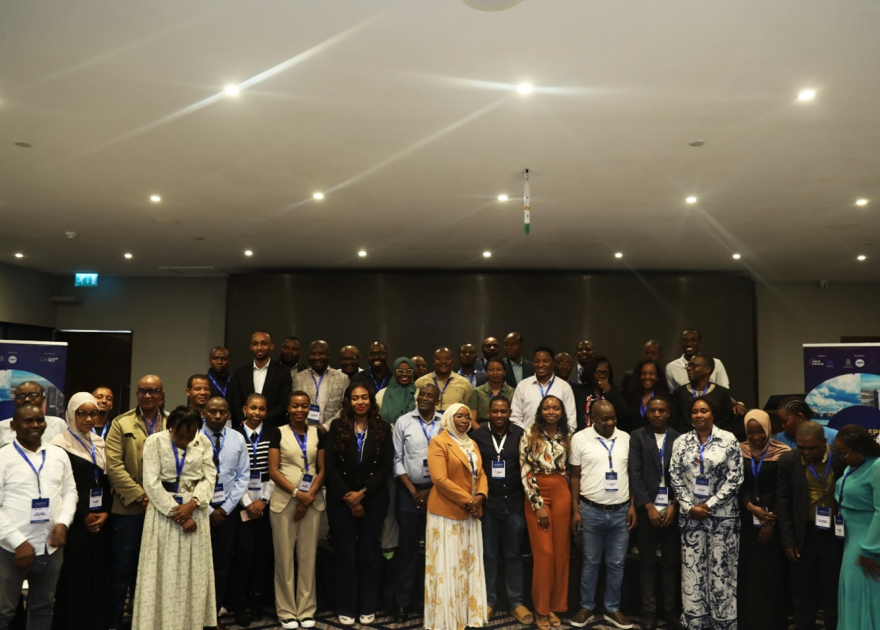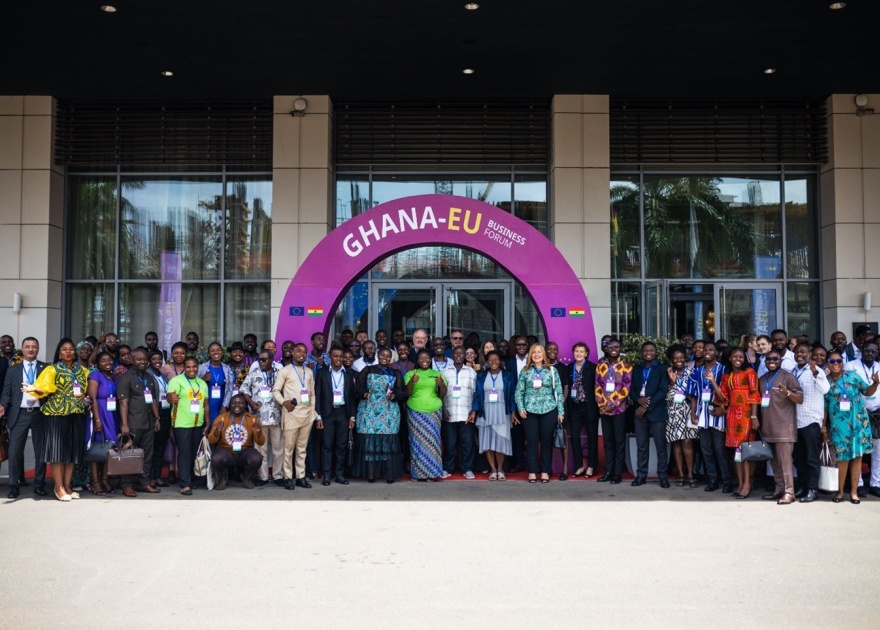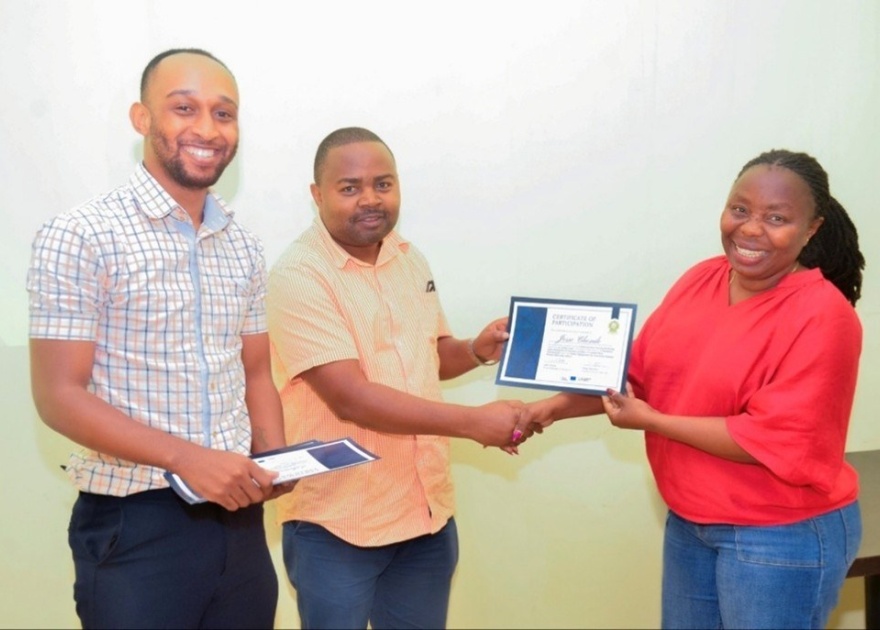Markets,
enterprise
and trade
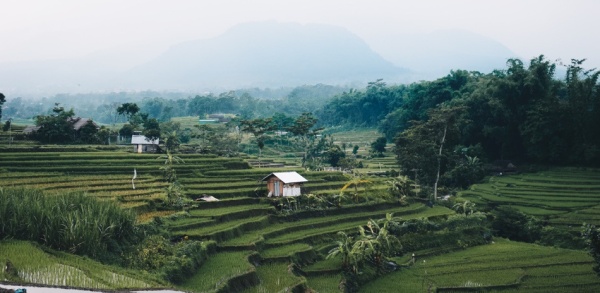
Our Markets, Enterprise and Trade Division seeks to promote economic and business development with a strong focus on sustainable trade and investments, inclusive growth and decent work, and women’s economic empowerment, maximising impact and long-term change for people. Our work predominantly covers the following inter-related sub-sectors:
Business environment factors determine the ease of doing business in a country. They include, for example, the cost and time required to start a business, the reliability of electricity supply, and the flexibility of employment regulations. While having a favourable business environment is a driver for investment, it is more likely a greater factor influencing domestic investment than foreign direct investment which is also impacted by investment climate factors such as the quality and availability of labour, tax rates, and security, economic, and political risks. We have been supporting governments in both investment reform and business environment reform for over two decades – through direct support to government, as well as through strengthening mechanisms to improve public private dialogue (e.g. through advocacy work of business associations). For example, we are currently managing the EU-funded Africa RISE (Reform for Investment and Sustainable Economies) programme which aims to improve the investment climate in 25 countries in Eastern Africa, Southern Africa and the Indian Ocean. Other recent work includes support to the Ugandan Investment Authority to strengthen their processes, strategies and capacity to improve service delivery to foreign investors, particularly in the manufacturing sector; support to the Regional Multidisciplinary Centre of Excellence (RMCE), based in Mauritius, in the design of a Business Facilitation Framework for Accelerated Programme for Economic Integration (APEI) Member States; and support to the development of an industrial transformation strategy for Ghana.
Our trade development activities build on both our UK and Irish roots, with our Irish entity having evolved out of the Irish Trade Promotion Board (renamed as TDI Group) in the late 1980s, building on Ireland’s expertise in this area. Our work covers areas such as customs reform, tariff and non-tariff barriers, and trade infrastructure such as the development of free trade / export promotion zones. Examples of our work include support to civil society participation in Africa, Caribbean and Pacific (ACP) in the implementation of EU trade agreements; support to the Government of Tanzania to identify bottlenecks that limit export diversification and the trade policy framework to effectively address them, and to build capacity in research and advisory capacity on trade policy, competitiveness and elimination of non-tariff barriers (NTBs) in the context of enhancing the country’s trading capacity with the EU; and an FCDO funded economic review to identify the trade impacts of COVID-19 in the ECOWAS region, and support to the development of an ECOWAS trade recovery strategy.
As well as work at the meso level (see above), we also work at the micro level, building the capacity of business development support (BDS) providers; addressing constraints faced by businesses in access to finance, information, skills and technology; trade promotion; and facilitating value chain linkages. For example: in Bangladesh we are providing World Bank matching-grant financing to businesses in the leather, footwear, plastics and light engineering/electronics sectors to finance advisory services, training and equipment to enable Bangladeshi firms to identify and address Environment, Social and Quality (ESQ) compliance gaps and upgrade products and production processes as required by multinational buyers/brands and the laws and regulations of major export markets. In Egypt we helped the government develop a framework for strengthening BDS. In Turkmenistan we built the capacity of BDS providers. In Timor-Leste we are helping build value chain linkages between Olam, a global food and agri-business company, and coffee farmers.
Recognising that trade and investment are not gender neutral in their effect as they operate in terrain where societal forces produce gender differentiated outcomes in the economic sphere, we strive to integrate gender equality and social inclusion (GESI) considerations into our trade projects and programmes from the design to implementation and evaluation. This requires a gender-aware approach that considers, particularly, the GESI distribution of employment and income, but also the gender representation in economic and political spheres. Landell Mills has always aimed to integrate GESI considerations throughout its work and leave no one behind. For example, we conducted a GESI analysis in Rwanda to understand the impact of Foreign Direct Investment on women, young and migrant workers to develop an investment strategy that attracts investments in sectors with the highest benefits for these groups. In ECOWAS, we applied a GESI lens to better appreciate the trade related impact of the Covid-19 pandemic on women and marginalised groups by gathering GESI sensitive data, and we developed an inclusive trade recovery strategy. In Botswana, we provided technical assistance for the development of a digital business package for female entrepreneurs to allow for inclusive professional growth and foster knowledge entrepreneurs who can adapt to the new challenges that digital transformation brings.
Project Examples
Africa RISE (Reform for Investment and Sustainable Economies) programme
Africa RISE is a demand-driven facility, based in Brussels, providing technical assistance across 25 countries in Eastern Africa, Southern Africa and the Indian Ocean, to improve the investment climate for inclusive and sustainable growth, job creation and decent work. It aims to promote macro-economic policy and regulatory reform to create a business environment that encourages investment, enhancing the capacity of the private sector, and promoting inclusive public-private dialogue, leading to better economic and social development. Recent assignments have been in the areas of digital transformation, the green economy, women economic empowerment and access to finance, circular economy and waste management, e-commerce, geographic indication, quality infrastructure and SPS, and anti-illicit trade.
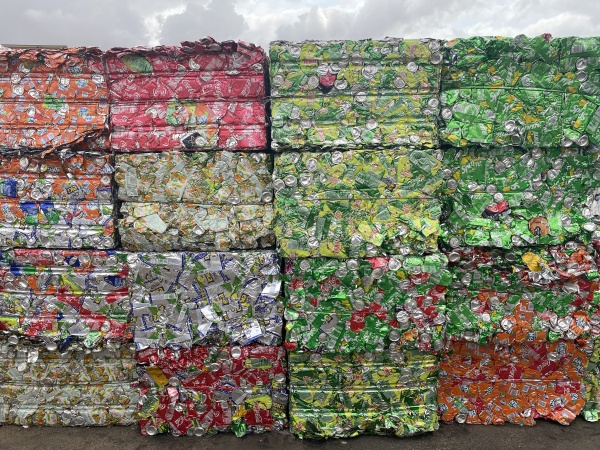
Management of the Export Readiness Fund (ERF)
ERF provides grant-based incentives to finance advisory services, training and equipment to enable Bangladeshi firms to identify and address Environment, Social and Quality (ESQ) compliance gaps and upgrade products and production processes as required by multinational buyers/brands and the laws and regulations of major export markets. The ERF provides grants on a matching basis to identify and address these constraints in the leather, footwear, plastics and light engineering/electronics sectors (and also for companies wishing to realign their activities to respond to opportunities in the medical and personal protective equipment (MPPE) sector, as a result of COVID-19). The fund is designed as a catalytic, risk sharing instrument that aims to address market failures by mobilising investment in priority industries that will not otherwise materialise because of uncertainty about the expected benefits. The fund assists the target industries by supporting investment in both business/technical services and essential complementary equipment that would help firms identify and address compliance gap and upgrade the quality of products and production processes.
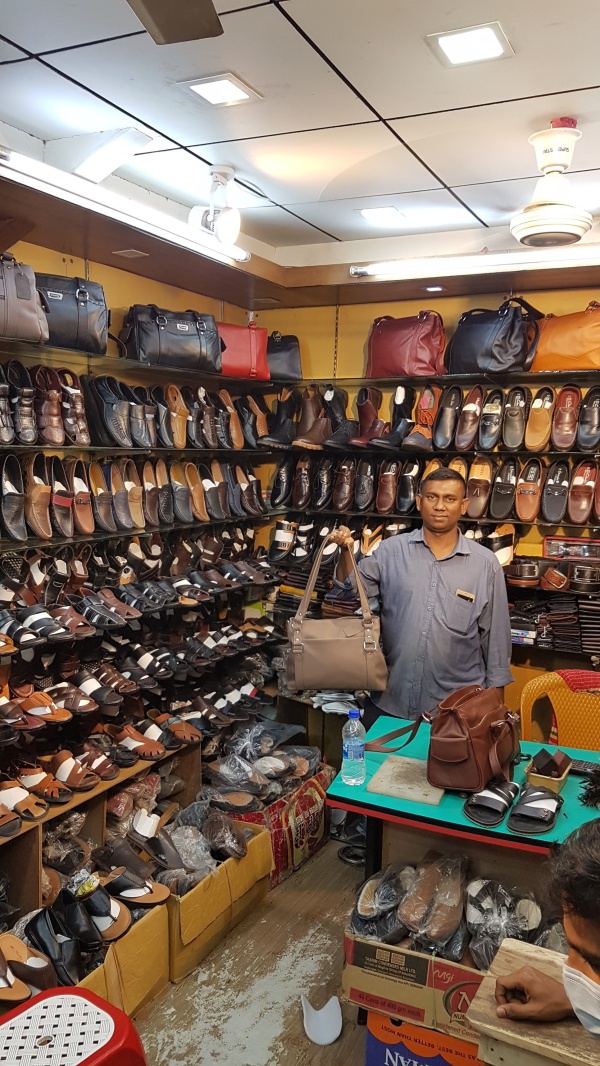
Fund manager of the Afghanistan Business Innovation Fund (ABIF)
ABIF has been able to drive sustainable economic development by collaborating with entrepreneurs through incorporating a ‘Making Markets Work for the Poor’ (M4P) approach within a challenge fund mechanism. The pilot project provided a financial return to grant recipients while also leading to poverty reduction at scale.
ABIF recognised that in order to change the income inequality that had been created by donor driven economic growth, private sector investment was needed. To change the economic situation, Landell Mills designed and implemented a private sector challenge fund. It encouraged the private sector to conceptualise, develop and implement their own innovative pro poor investment projects. The grantees were the vehicle to introduce new goods, services or jobs into the market, and the beneficiaries were Afghans who directly benefitted from investments.
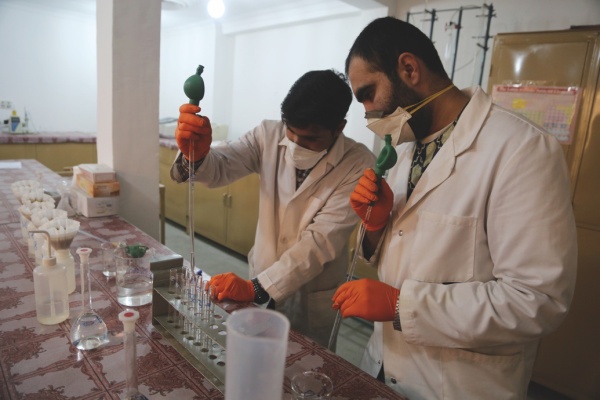
Strategic support on Investment Treaties for Rwanda
Landell Mills was contracted by TAF2+ (Trade Advocacy Fund) to develop and implement a National Bilateral Investment Treaty (BIT) strategy in Rwanda in support to the Ministry of Trade and Industry (MINICOM). Landell Mills first conducted an economic and legal impact assessment of Rwanda’s current stock of BIT to help the Government of Rwanda to analyse the costs and benefits of its Bilateral Investment Treaties by:
- Analysing the flow of inward and outward foreign direct investment to and from Rwanda;
- Examining the provisions of BITs to assess the level of depoliticization and policy space;
- Analysing the various processes underlying each treaty from negotiation to ratification;
- Identifying areas of legal risk to Rwanda and the scope of the ISDS provision.
Landell Mills then supported MINICOM to elaborate a BIT strategy based on the results of those impacts assessments as well as delivered a programme of capacity development activities to support and strengthen the cross-government BIT committee in carrying out future negotiations on the basis of the model BIT and BIT strategy.
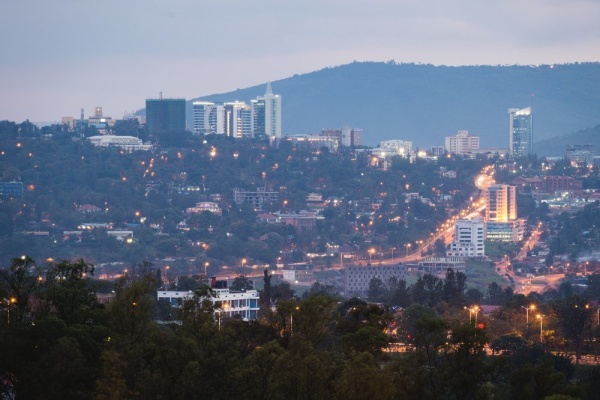
Support to civil society participation in the implementation of EU trade agreements
The overall objective of the project is to support the implementation of TSD chapters of EU Trade Agreements through consistent, visible and increased participation of civil society. The consortium provides secretarial support for civil society meetings organised in relation to EU trade agreements. We also implement capacity building activities to increase meaningful participation of both EU and partner countries’ civil society in trade agreements. In addition, our consortium provides capacity building in the form of benchmarking and subsequent implementation of best practices and desk studies. The objective of the studies is to inform the work of the DAGs by providing an in-depth review on a subject of particular relevance, e.g., trade flows of specific types of products or commodities from a partner country and environmental or labour issues linked to such trade, or horizontal – e.g. an analysis of different approaches to responsible business conduct.

Technical Assistance to the Trade Support Programme in DRC
This technical assistance objective supported the Government of DRC (GoDRC) to reform its economy in order to make it more competitive at national, regional and international level, and support the integration of the Congolese economy into the world market within the framework of Economic Partnership Agreements. Landell Mills supported the GoDRC through four components:
- Improvement of judicial and legal security by modernising trade and accountancy laws through the adhesion to the OHADA treaty;
- Facilitation of trade and customs reforms by improving economic governance and commercial exchanges and fighting against corruption through modernisation of customs procedures;
- Strengthening capacity in trade policy by strengthening economic decision-making processes and improving access to tools for trade analysis;
- Improving the competitiveness of non-traditional exports by facilitating the adoption of international trade standards.

Strengthening export competitiveness for inclusive growth in Mauritius
In the context of the i-EPA implementation as well as of the regional integration process, Landell Mills supported SMEs in their export strategy and in complying with technical regulations to allow Mauritius' private sector to fully benefit from the current trade agreement with the EU and to increase its participation in national, regional and international trade. Potential for export business creation was unlocked, allowing SMEs to create and innovate into niche markets. In the meantime, exporting SMEs benefited from an empowered skilled labour force and from new opportunities generated by regional and global trade integration. Ultimately, by integrating youth and women and stimulating regional inclusive growth, this support contributed to a fairer income distribution and poverty reduction amongst the vulnerable population. Landell Mills supported the Ministry of Industry, Commerce and Consumer Protection and Ministry of Foreign Affairs, Regional Integration and International Trade and key TISIs to strengthen their support to SMEs, women and youth exporters.

